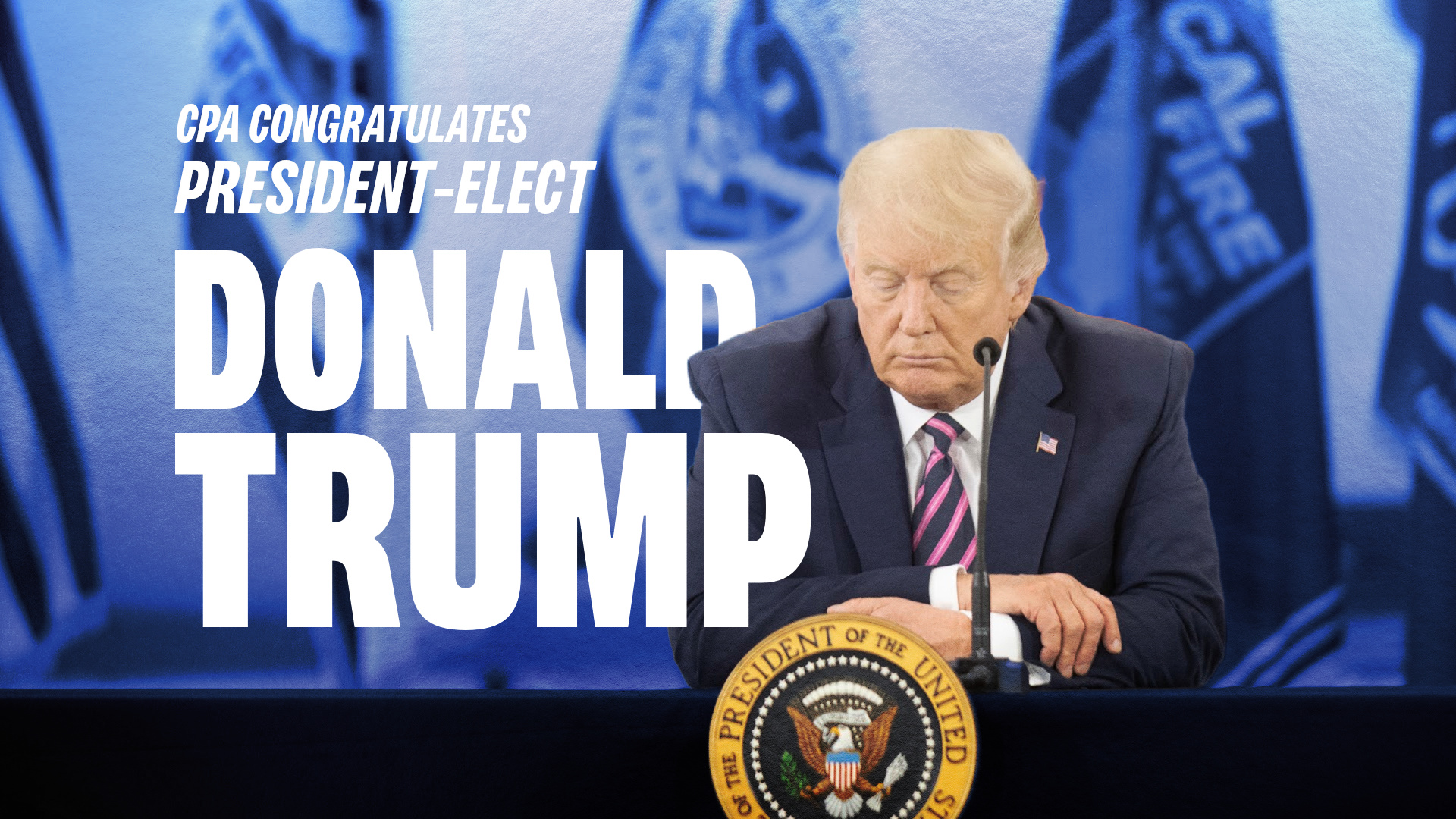
CPA Congratulates President-Elect Donald Trump on Victory
CPA will be working closely with President-Elect Trump’s team to craft policies that will make a lasting impact on U.S. trade and industrial policy.
Technology is vital to a large and growing part of daily life, communications, the economy, and national defense. The US is and must remain the world’s preeminent technology leader. We must act to bring back to the US much of the technology manufacturing that has been offshored.
Semiconductors, software, wireless and wireline communications, video communications, renewable energy, and other modern technologies are essential to US security and the health of our economy. The US must support growth and innovation in our world-leading technology businesses. We must ensure continued US leadership. Our technology industry is under attack from foreign nations who engage in IP theft and cyberespionage on a daily basis. The US government must defend those companies. Foreign technology companies, especially from China, use massive government subsidies, protectionist policies, and other illegal means of furthering their own national champions, at great cost to American companies. We must counter those threats with industrial policies that ensure US research and development leads the world. We must rebuild our technology manufacturing capability. Many modern technology products are not manufactured in the US and we must address this situation with support for re-shoring technology production.

CPA will be working closely with President-Elect Trump’s team to craft policies that will make a lasting impact on U.S. trade and industrial policy.

Proposals for new tariffs face a lot of criticism these days, from the media, from economists, and from foreign policy types. Part of the reason is that it’s Donald Trump making the proposals and many in those groups don’t like Trump. But the fact is that tariffs can work to build our economy. They have worked before and they have worked recently as well.
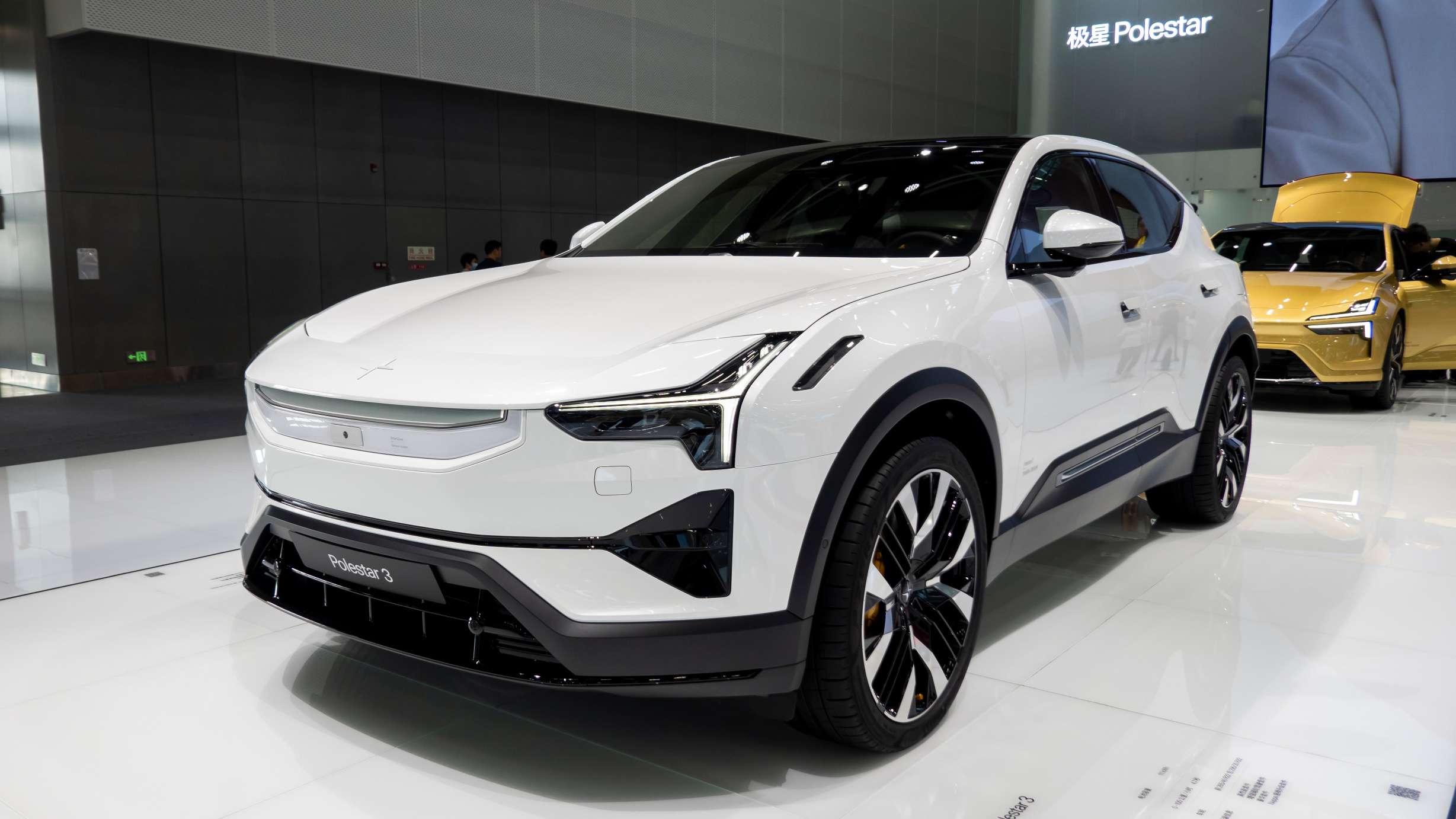
There is still a significant amount of work left to fully address the threats posed by the Chinese Communist Party’s (CCP) growing overcapacity in the global automotive sector, particularly through electric vehicles (EVs).
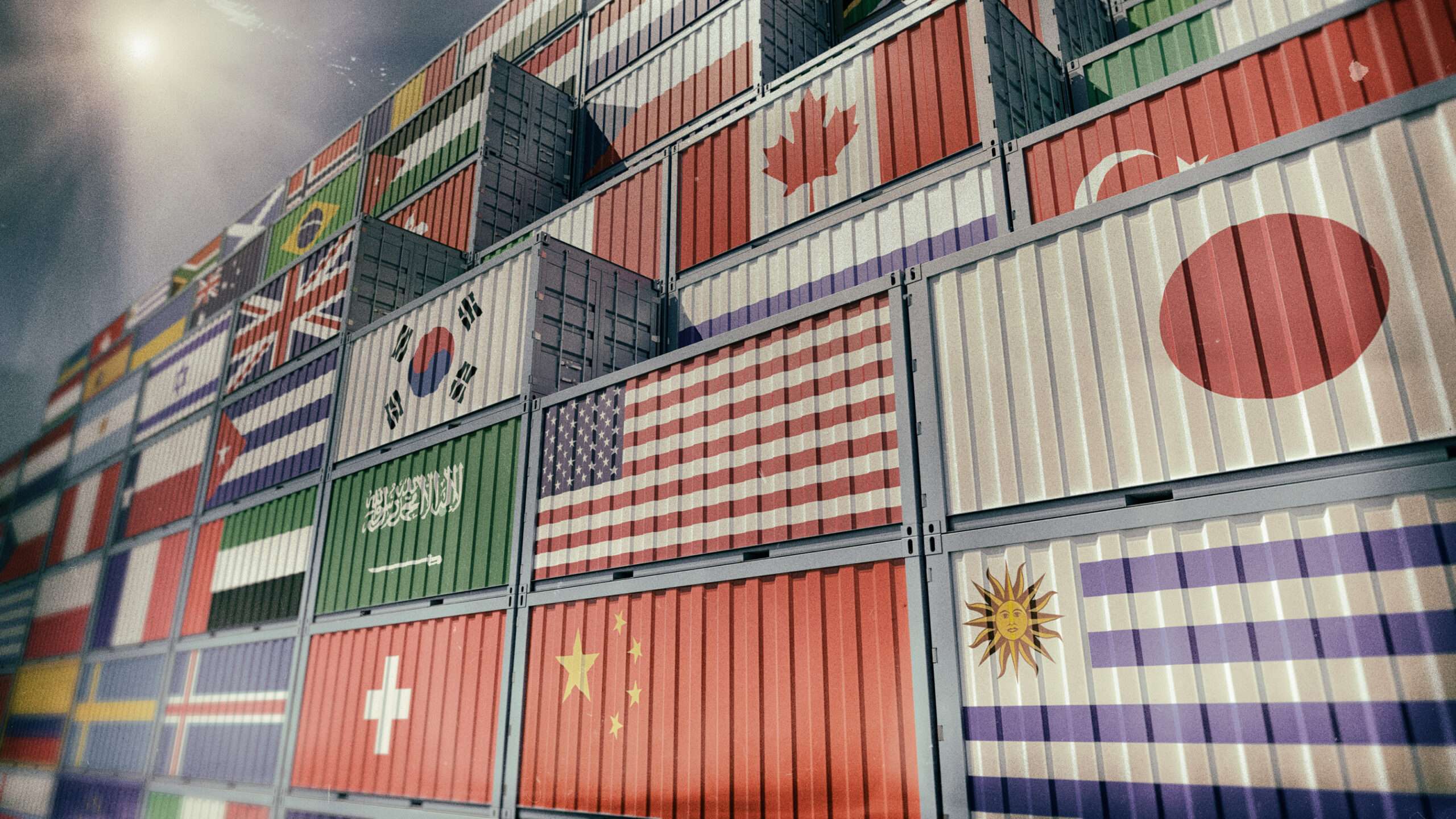
In recent years, tariffs have been at the center of heated Washington debate. Critics claim that tariffs are a “hidden sales tax” passed on to consumers in the form of higher prices. But in the wake of the 2018 “Trump tariffs,” America’s consumers haven’t experienced noticeable price increases.
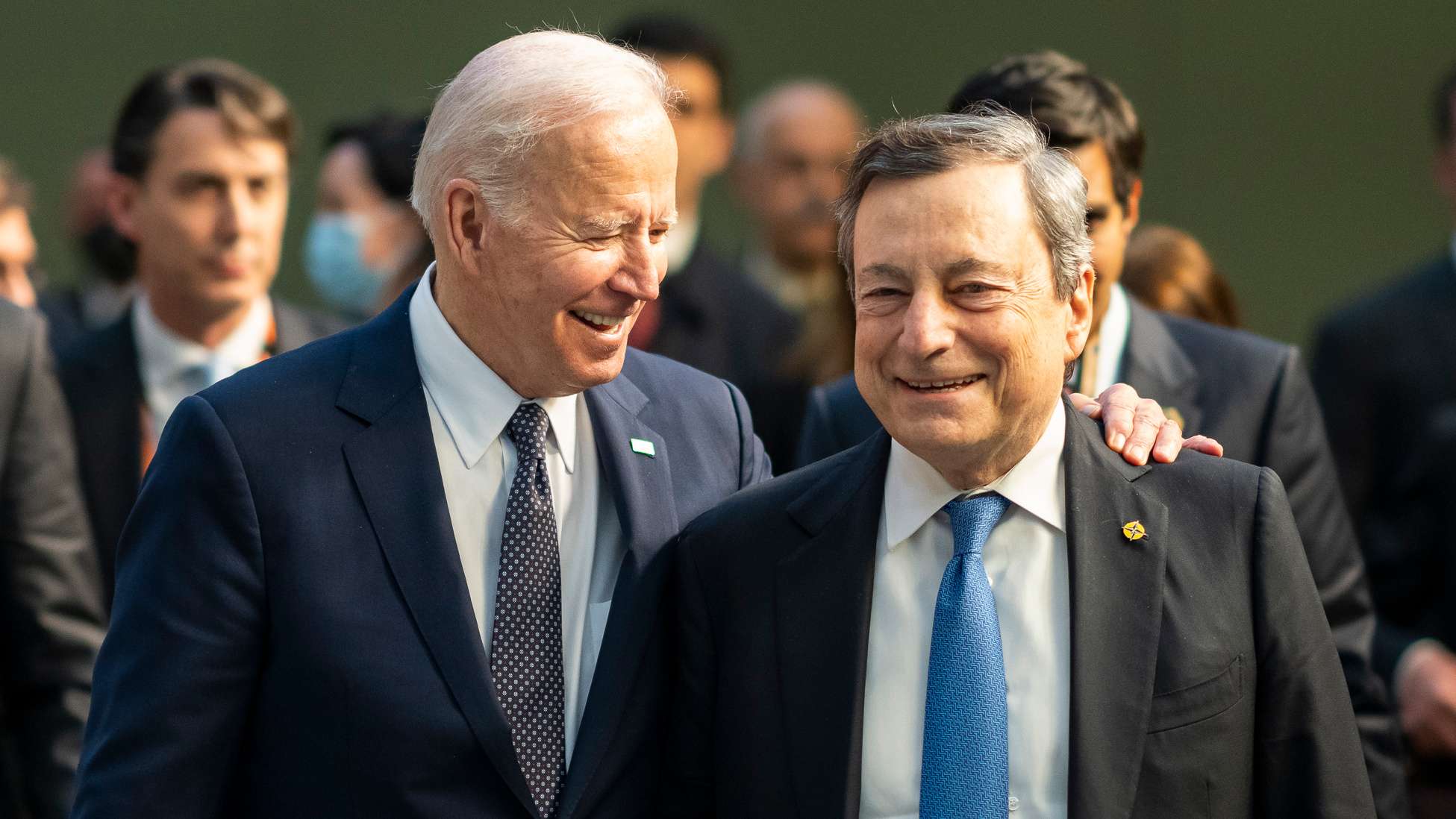
Reindustrialization might cause some above-target inflation. Deindustrialization, meanwhile, might take countries out of the running of the industries of today, and the future, too, said former European Central Bank president Mario Draghi.
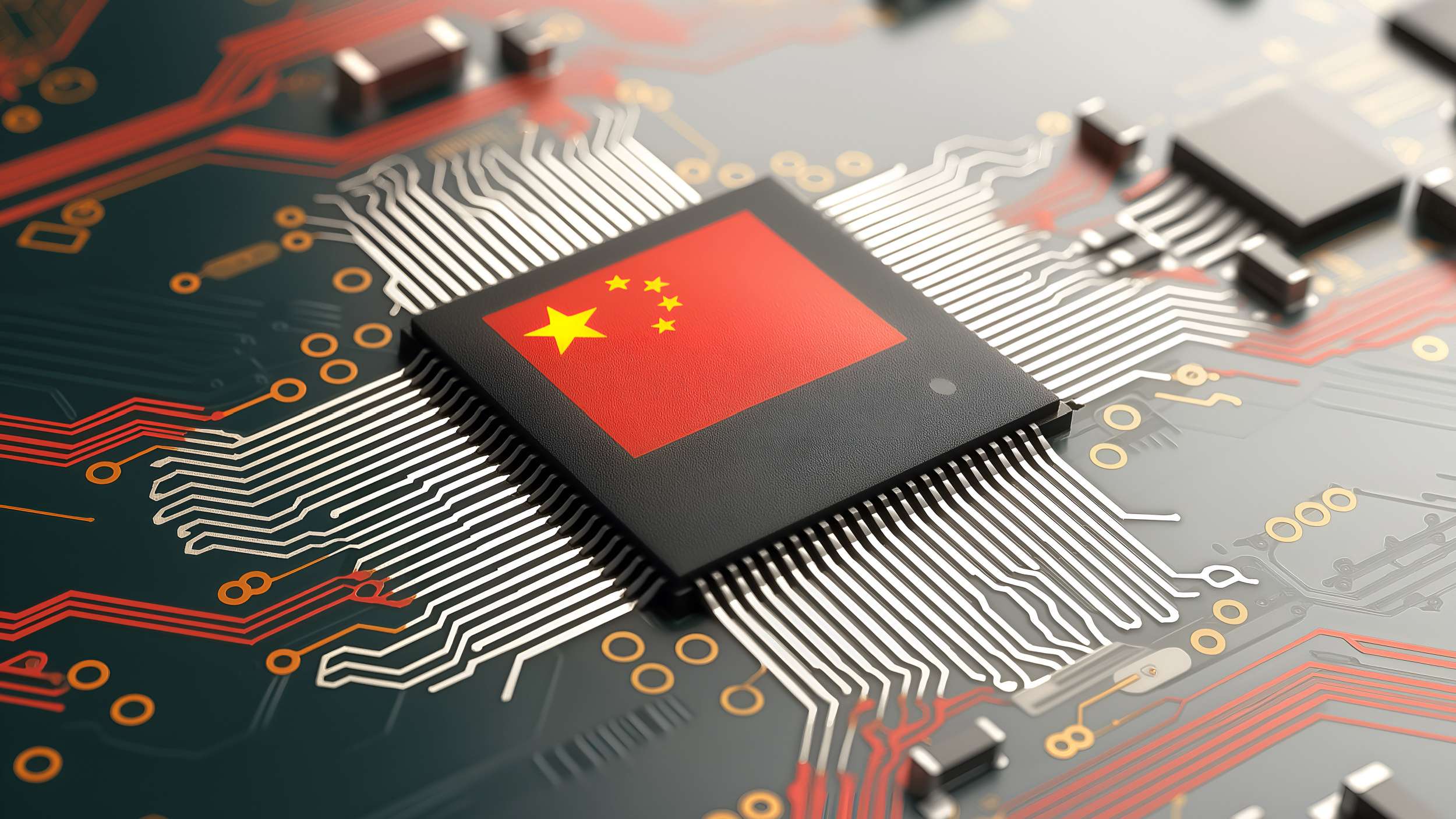
Tariffs must be part of the toolkit to manage the influx of products from Chinese tech companies, whether from e-commerce platforms like Temu or from a growing number of low-cost microchip manufacturers set to flood the global market with semiconductors.